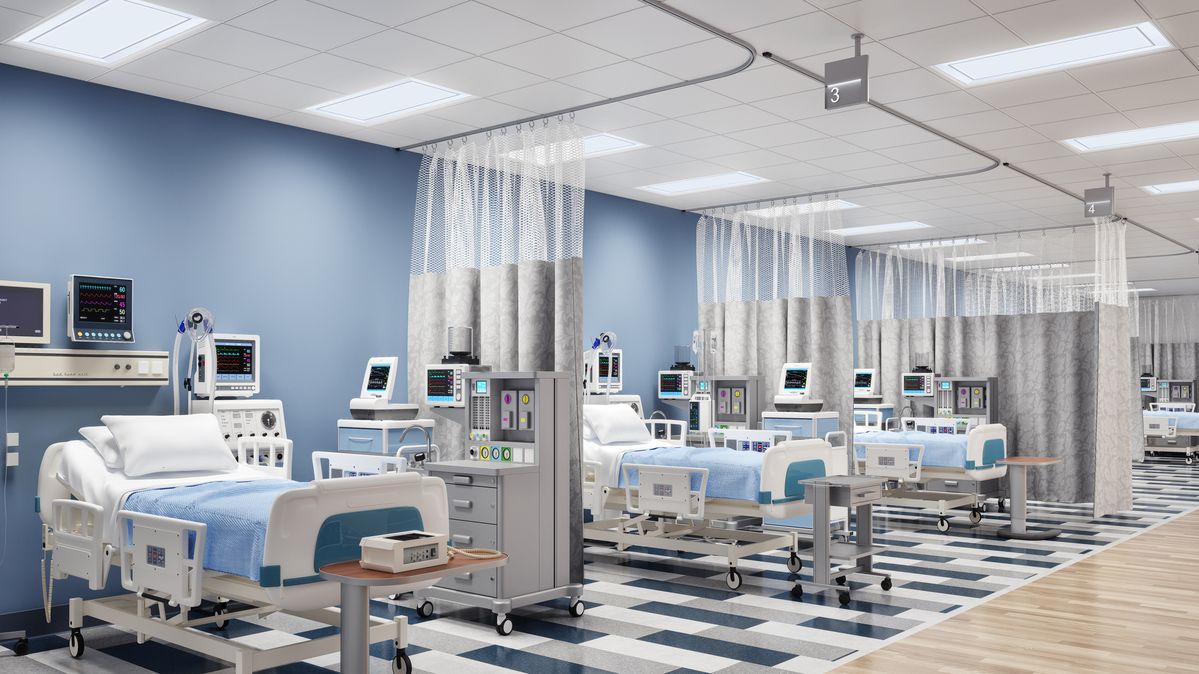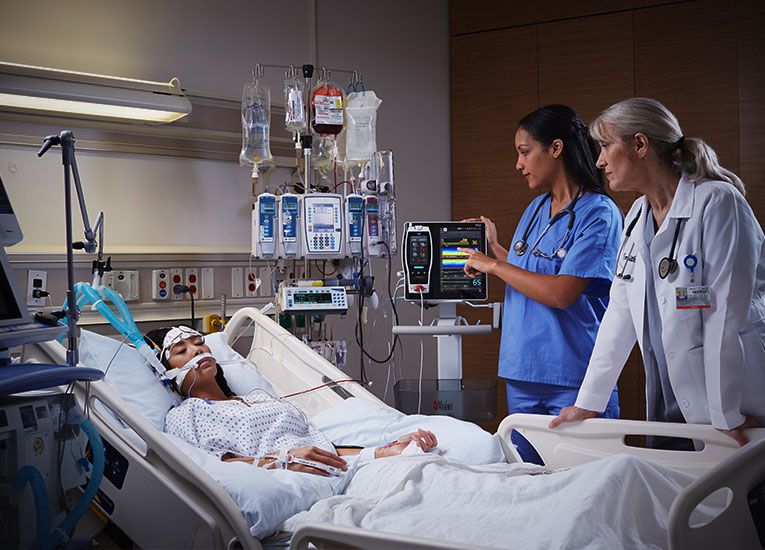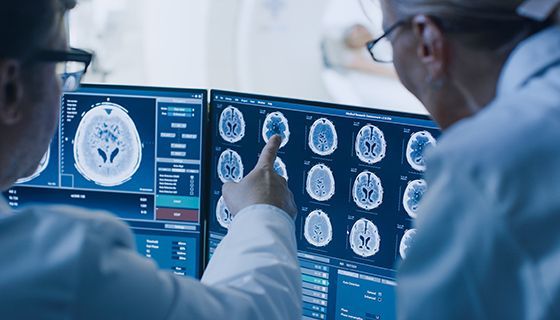Overview of Hospital Departments
Emergency Department
The emergency department (ED) is a critical facility that provides immediate care for acute illnesses and injuries. It is staffed with emergency medicine specialists and equipped with advanced diagnostic and treatment tools to handle a wide range of emergencies.


Inpatient Wards
Inpatient wards accommodate patients who require overnight stays for observation, treatment, or recovery. These wards are categorized based on the type of care needed, such as medical, surgical, pediatric, and maternity wards.
Intensive Care Unit (ICU)
The ICU is a specialized unit for critically ill patients who need constant monitoring and intensive treatment. It is equipped with advanced life-support systems and staffed by highly trained healthcare professionals.


Operating Theatres
Operating theatres are sterile environments where surgical procedures are performed. They are equipped with state-of-the-art surgical instruments, anesthesia machines, and monitoring devices to ensure patient safety and successful outcomes.
Diagnostic Imaging Department
This department houses advanced imaging technologies such as X-rays, MRI, CT scans, and ultrasound. These tools are essential for accurate diagnosis and treatment planning.


Laboratory Services
Hospital laboratories conduct a wide range of tests on blood, tissues, and other samples. These tests are crucial for diagnosing diseases, monitoring treatment progress, and conducting research.
Outpatient Clinics
Outpatient clinics provide medical consultations, treatments, and follow-up care without requiring an overnight stay. These clinics cover various specialties, including cardiology, dermatology, orthopedics, and more.


Pharmacy
The hospital pharmacy dispenses medications prescribed by doctors. It ensures that patients receive the correct medications and provides information on proper usage and potential side effects.